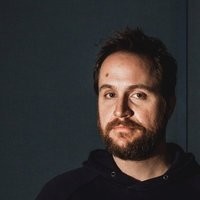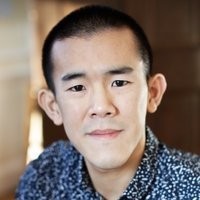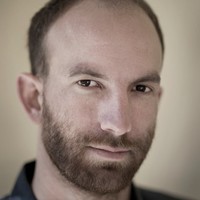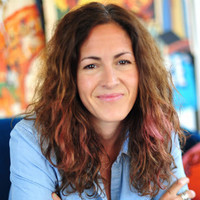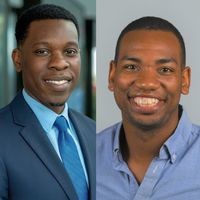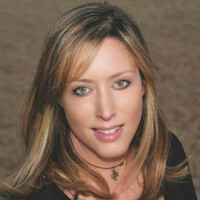Dan Taberski is the host of Missing Richard Simmons and Surviving Y2K.
“Why would you walk into podcasting, where not a lot of rules have been written yet, why would walk into that space and be like, I'm just going to stick to the rules over here. It doesn't make any sense. ... Sourcing, respect for privacy — all these rules are here for a reason. And there's a line you shouldn't cross. But I don't see the point of not walking up to that line and looking over it. Because that is where interesting stuff is happening. ... To be able to earn that ability to cross the line a little bit and then jump back to where you belong, I think that's where beautiful storytelling happens.”
Thanks to MailChimp and Pitt Writers for sponsoring this bonus episode.
